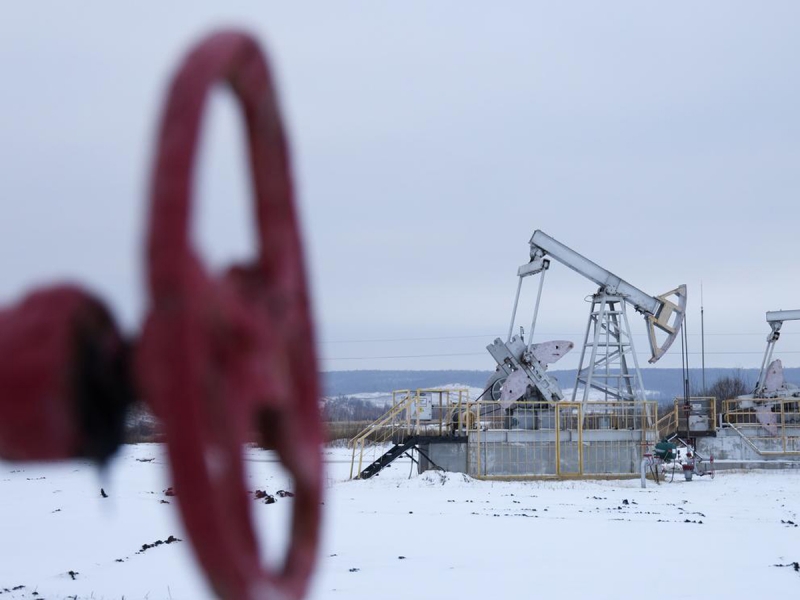
Vedomosti claims three variants of the Russian response.
Russia can set its own fixed oil price rate. This is reported by Bloomberg, explaining that this may be Russia’s response to the price ceiling introduced by the G7.
Referring to its sources, the publication writes that either a fixed price for barrels from the Russian Federation is being considered, or the maximum level of discount to international brands with which they can be sold.
At the same time, whichever option is adopted, it will be regularly reviewed.
Insiders explained that Moscow intends to provide buyers with a transparent pricing mechanism that is based solely on market principles in order to avoid restrictions on the prices of the buyer countries.
It is unclear what the fixed level should be, the source confirmed. A presidential decree is being prepared, according to which both Russian companies and any oil-buying traders will not be able to sell fuel to the countries participating in the ceiling agreement.
At the same time, Vedomosti talks not about two, but about three variants of the Russian response to the West.
So, referring to sources close to the Cabinet of Ministers, the publication writes about the preparation of a presidential decree, which is now being coordinated with the Government of the Russian Federation.
According to the draft document, the first option is a complete ban on the sale of oil to G7 countries and other participants of restrictions. It is indicated that the ban can be introduced, including in the case of the purchase of raw materials not directly, but through intermediaries or a chain of intermediaries. For example, a neutral country will buy oil from the Russian Federation, but the final recipient will be a member of the G7.
The next option is a ban on exports under contracts containing a price ceiling as a condition, while which country it is will not play a role.
The last option is the launch of an indicative price. This means that the maximum discount of Russian Urals oil to the benchmark Brent grade will be determined. If the discount increases, then the sale of oil is prohibited. This is the least likely scheme, the insider of the publication stressed.
According to him, either one of the options or a combination of them can be accepted. The decree was discussed with the participation of oil companies on December 6, at a meeting of the president.
As Topnews wrote earlier, Western sanctions against Russian oil came into force on December 5. The EU will not accept oil from the Russian Federation via the sea route, the G7, Australia and the EU have limited prices for sea transportation of oil to $60 per barrel.
Join our VK group to keep up to date with events in Russia and the world


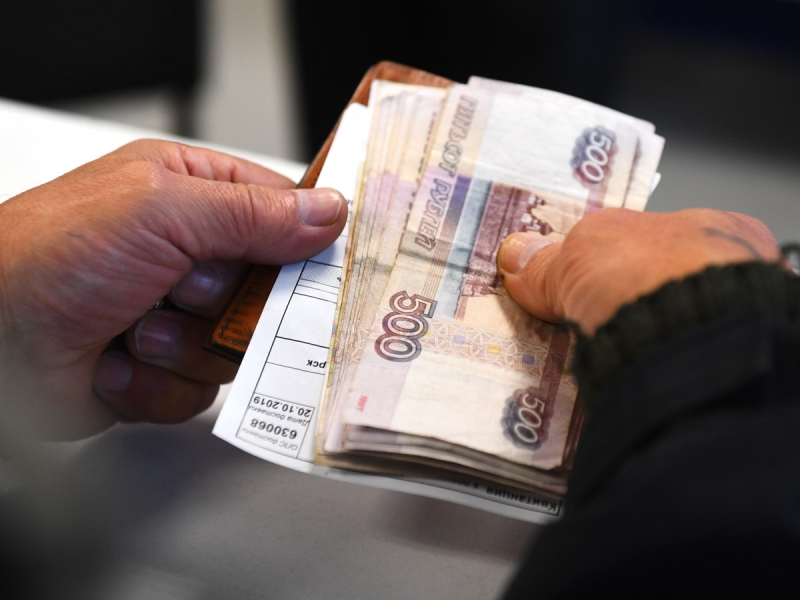
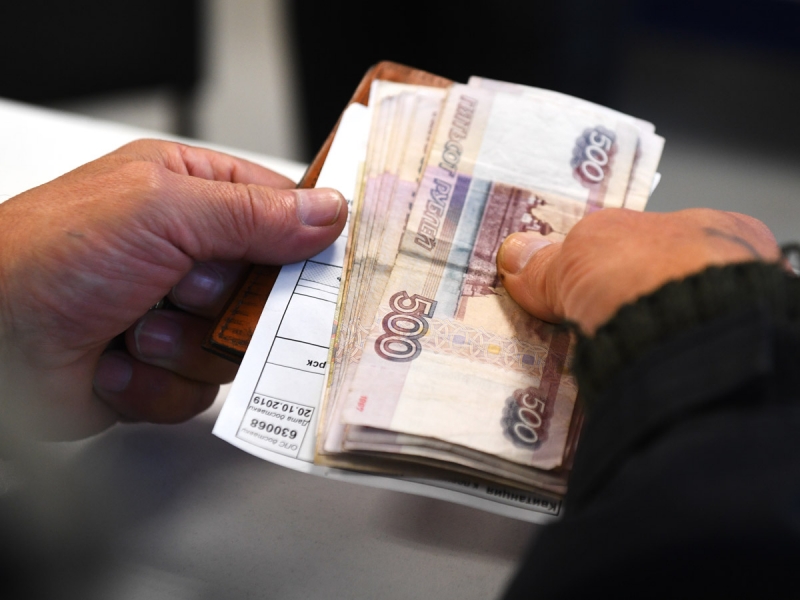


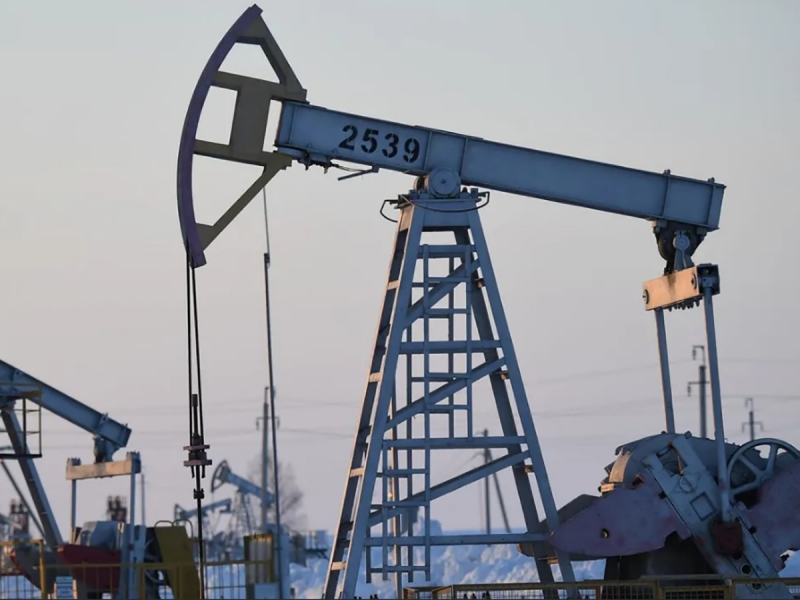
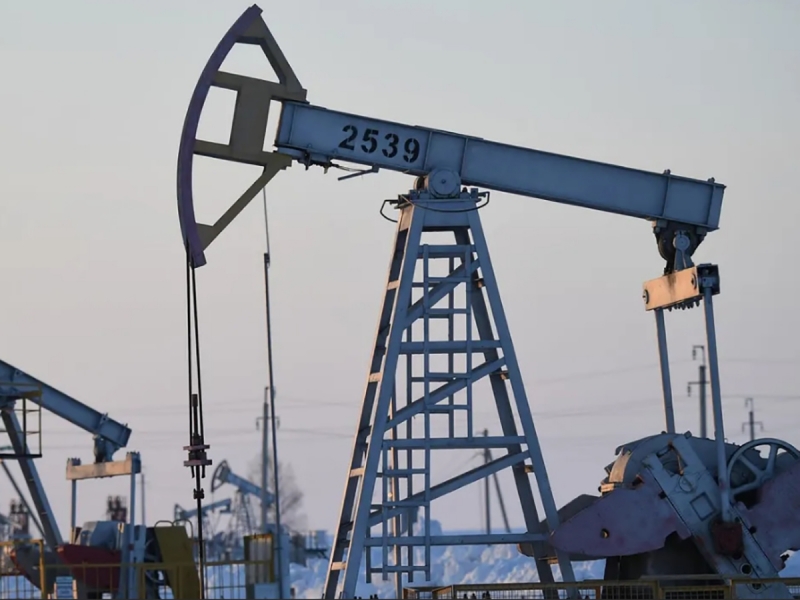
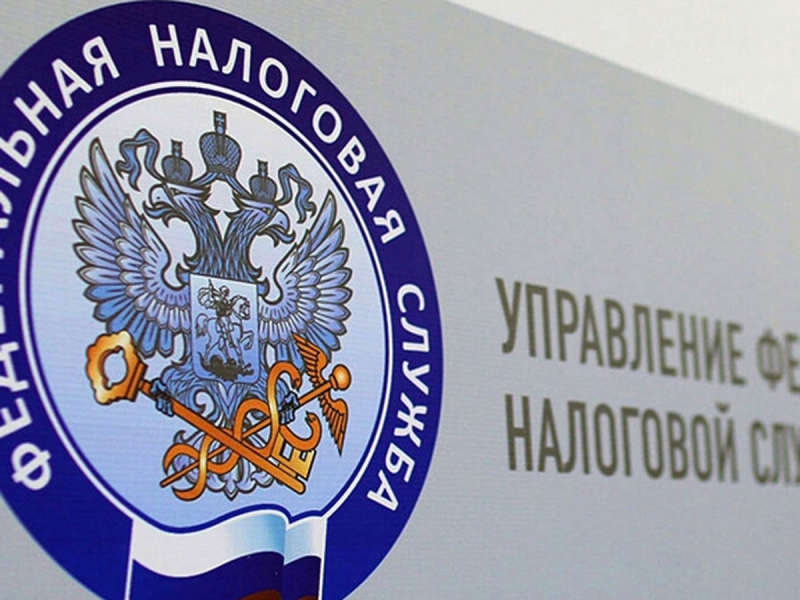

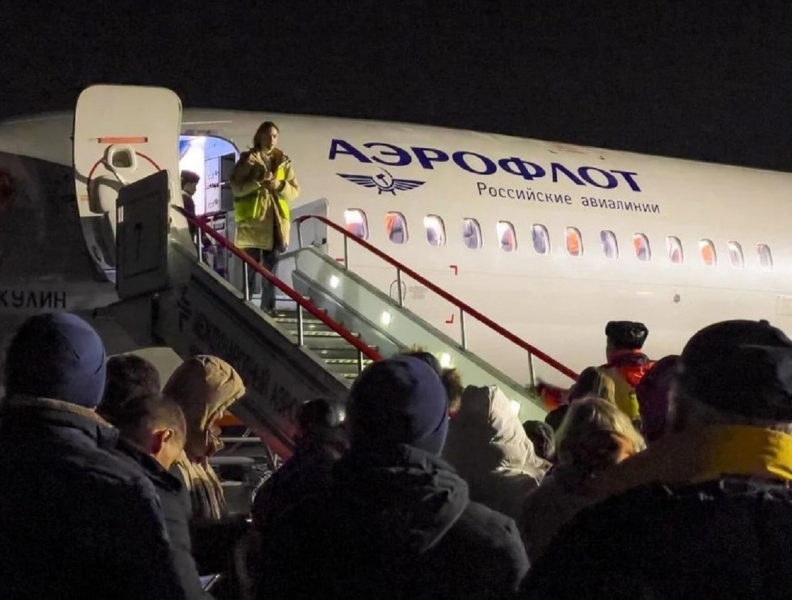

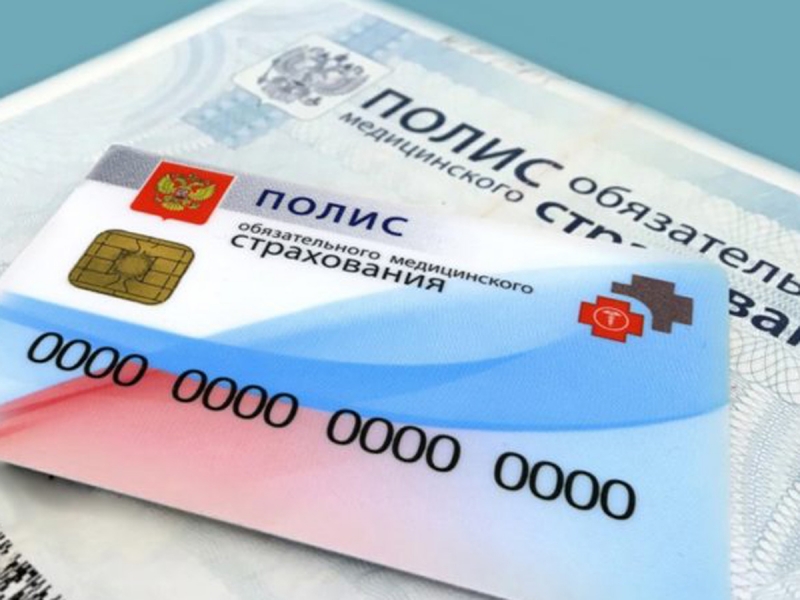
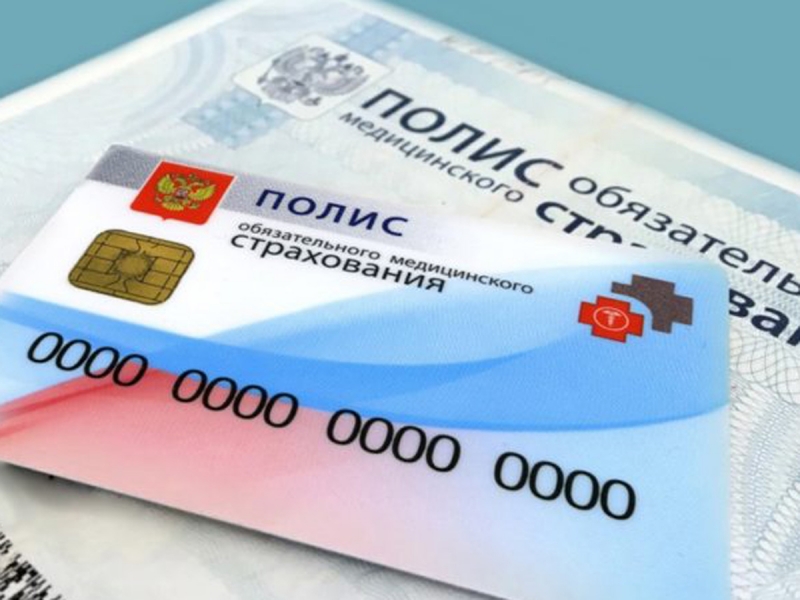



 According to Chinese journalists, the “golden” sanctions imposed against Russia have led to unexpected consequences.
According to Chinese journalists, the “golden” sanctions imposed against Russia have led to unexpected consequences. 
